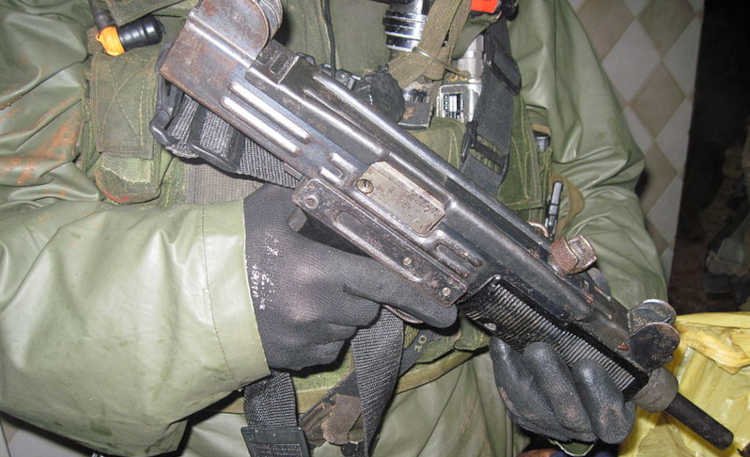Report of the importation of illicit weapons, ammunition, and drugs into Nigeria calls for a robust and multifaceted response.
Development Diaries reports that Daily Trust recently reported that illicit weapons worth billions of naira found their way into the country 23 times within seven years, with the whereabouts of many of them unknown.
Also, the report showed that the illicit weapons got into the country through Tin Can Island and Apapa ports, both in Lagos State; Enugu and Cross River land borders, Bukoro axis of Baruten Local Government Area, Kwara State, Igboora axis of Oyo State, Idiroko in Ogun State, among others.
This is very concerning because the trend poses a significant threat to national security. It also tends to escalate existing security challenges, particularly in the northwest and northeast regions, and will also contribute to the instability caused by insurgency, banditry, and other forms of violent crime.
In 2020, Small Arms Survey estimated that Nigeria had 6.2 million arms in the hands of civilians, excluding those of the military and law enforcement agencies.
While the influx of weapons into the hands of insurgents, bandits, and criminals fuels violence and weakens state control over conflict zones, these arms amplify the capabilities of non-state actors, making it increasingly difficult for the military and law enforcement to restore peace in affected areas.
Furthermore, the regularity of these illicit imports undermines public confidence in the government’s ability to secure borders and ensure the safety of citizens.
Citizens may question the capacity of the Nigeria Customs Service (NCS) and other security agencies to stem the tide of smuggling and illegal activities, thus affecting morale and trust in national institutions
While the NCS has been successful in intercepting several shipments, a more proactive, intelligence-driven approach to border security is necessary.
Beyond interceptions, the NCS needs to prioritise comprehensive investigations to unravel the networks facilitating these illegal imports.
Also, a comprehensive reform of Nigeria’s border management system is necessary. Policies need to be updated to this effect, alongside expanding the use of cutting-edge technology, and improving the training and capacity of border personnel to detect concealed shipments.
The focus must also be on equipping the NCS with modern tools and technologies that will aid in the timely detection of illicit goods.
In addition, capacity-building for customs officers to improve risk assessment skills is essential for proactive operations.
Development Diaries calls on the NCS to identify the syndicates responsible for orchestrating these imports, name the owners of those types of containers, and tighten loopholes in border security.
Photo source: Illegal Weapons Captured in Judea and Samaria







